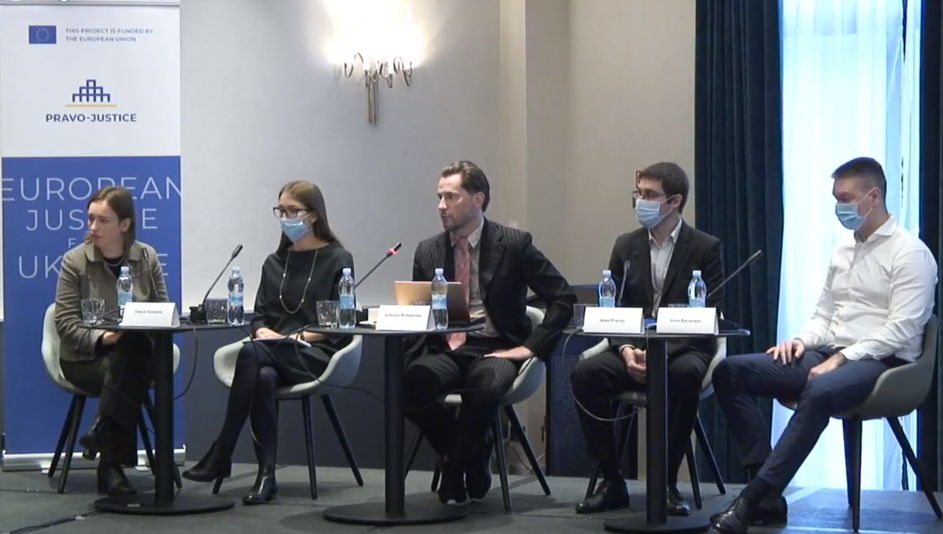72% of entrepreneurs suffer losses because of inefficient enforcement of court judgements

Small and medium-sized enterprises face systematic non-enforcement of court judgements by the state and because of that entrepreneurs suffer significant losses. This conclusion was made in course of the study of legal needs of small and medium-sized enterprises.
The study was conducted by the Centre for Law and Democracy (CEDEM) together with the Hague Institute for Innovation of Law (HiiL) with the support of EU Project Pravo-Justice.
According to Ivan Piatak, lawyer of Centre for Law and Democracy, small and medium-sized enterprises identified raiding and fraud, tax disputes and real estate issues as the most serious legal problems.
A separate issue is enforcement of court judgements. 61% of respondents noted that the judgement rendered as to their legal problem was not enforced or was enforced to a small extent.
"Small and medium-sized enterprises do not have efficient, fast and high-quality access to justice at a reasonable price. Justice sector institutions are not trusted, so enterprises often seek to resolve disputes by other means. The professional community has prepared a Draft Law on Enforcement Proceedings which systematically addresses the problem of non-enforcement of court judgements. Only a full-fledged reform of the enforcement system will restore business’ confidence in justice,” said Dovydas Vitkauskas, EU Project Pravo-Justice Team Leader.
In particular, respondents note that the state systematically fails to enforce court judgements in tax disputes brought before the court by small and medium-sized businesses. Moreover, 72% of respondents indicated that the court-ordered losses were not compensated in full or were compensated to a very small extent.
Such s study is important because it presents data that identifies problems and enables decision-making. Olesia Kholopik, Director of the Centre for Law and Democracy, said that proper formulation of business problems and needs is the basis for state's policy making that will solve them.
Martin Gramatikov, Director Measuring Justice, Hague Institute for Innovation of Law, also presented an [interactive report]((https://smes-in-ukraine.hiil.org/uk/) based on data obtained from a survey of entrepreneurs. In the report, one can group different data and explore problems in different aspects. “I hope that these data will form the basis for innovation. After all, this is an area in which Ukraine has a strong position," the expert added.
To explore the full version of the survey, click the link.
The study "Legal needs of small and medium-sized enterprises" was conducted in February – August 2020. At the first stage, in-depth interviews were conducted with 24 representatives of small and medium-sized enterprises (SMEs) that had legal problems, from all regions of Ukraine and that worked in various fields of activity. Their stories about the problems and the problem-solving process helped to compile a unified questionnaire for the second stage, a quantitative survey of 815 SMEs representatives.